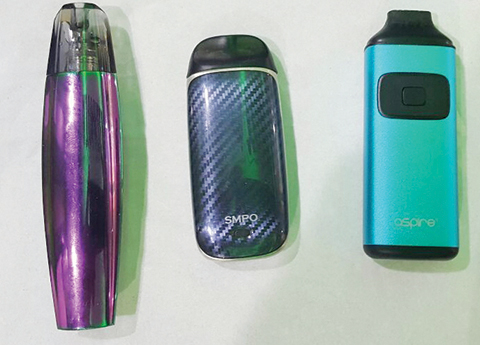KUWAIT: The health ministry said raising public awareness and establishing more smoking-prevention clinics are the best ways to open channels of communications with citizens and residents in Kuwait. This was manifested in the opening of seven accredited clinics under the umbrella of the national program to combat smoking.
Furthermore, increasing taxes on tobacco products and reducing their affordability will also contribute in limiting this epidemic, rapporteur of the standing committee of the national program for combating smoking at the ministry of health and the national communication officer for tobacco control with the World Health Organization Dr Amal Al-Yahya told KUNA. Her remarks came on the UN's "World No Tobacco Day", which falls on May 31 every year.
Restructuring the anti-smoking national program revolutionized amendments of the national legislation concerned and is in line with international agreements, resolutions and developments, she noted. The latest MoH statistics indicate that rate of smoking in Kuwaiti society increased to 39.2 percent among male citizens and 3.3 percent among female citizens. The study confirmed that 16.7 percent of students between the ages of 13 to 15 years at public schools smoked.
The proportion of male and female students smoking cigarettes, e-cigarettes and the likes amounted to 2.7 percent, spread between 3.1 percent males and 2.3 percent females, the study showed, adding that Kuwaiti citizens start smoking at age 17, while females start at age 21. Male smokers smoke 20 cigarettes daily, while female smokers smoke eight cigarettes a day. Yahya confirmed that the ministry is still operating the distribution program of nicotine patches to help smokers quit, stressing that Kuwait is probably the only country in the Middle East that provides free medical consultation and treatment, with a success rate of about 30 percent.
Yahya said most electronic smoking devices (vapes, e-cigarettes) in the market contain nicotine, emphasizing that studies conducted by the US Food and Drug Administration in 2009 indicated that such products contained large amounts of it. - KUNA











